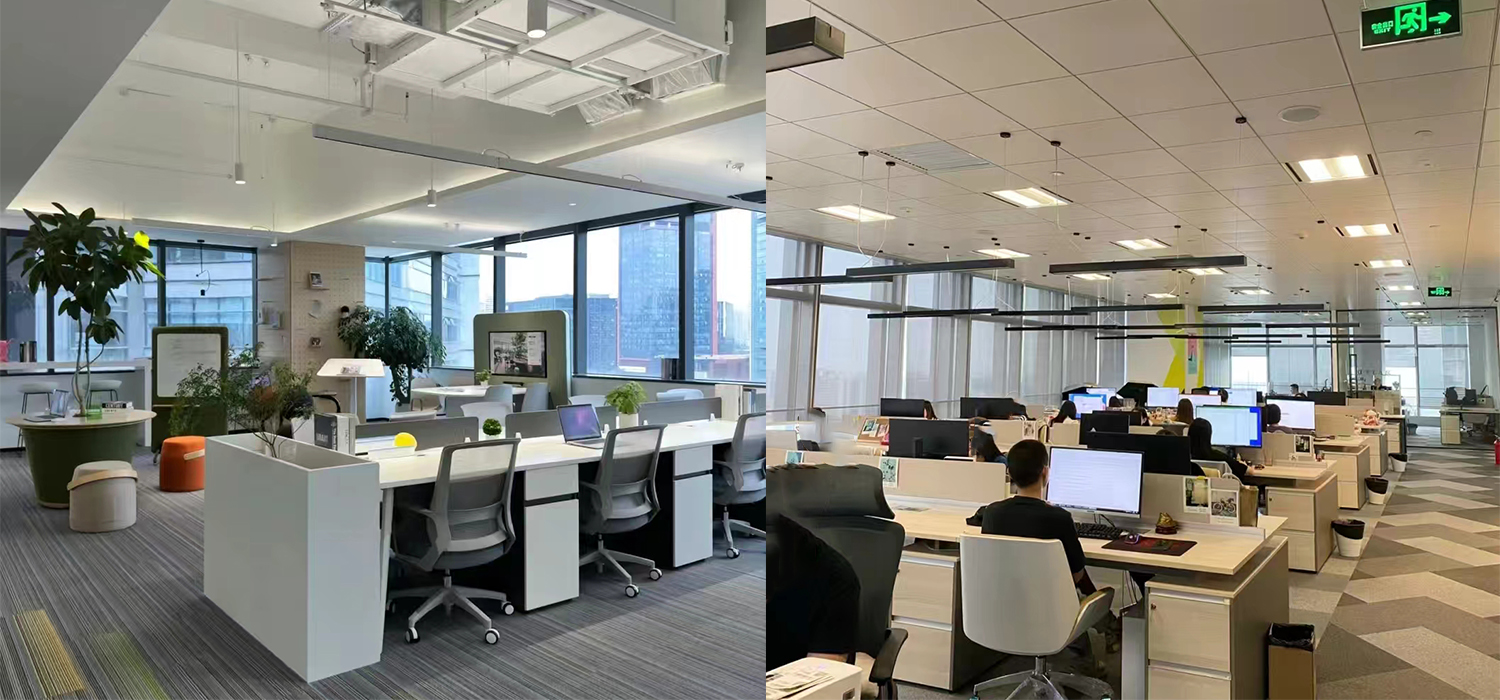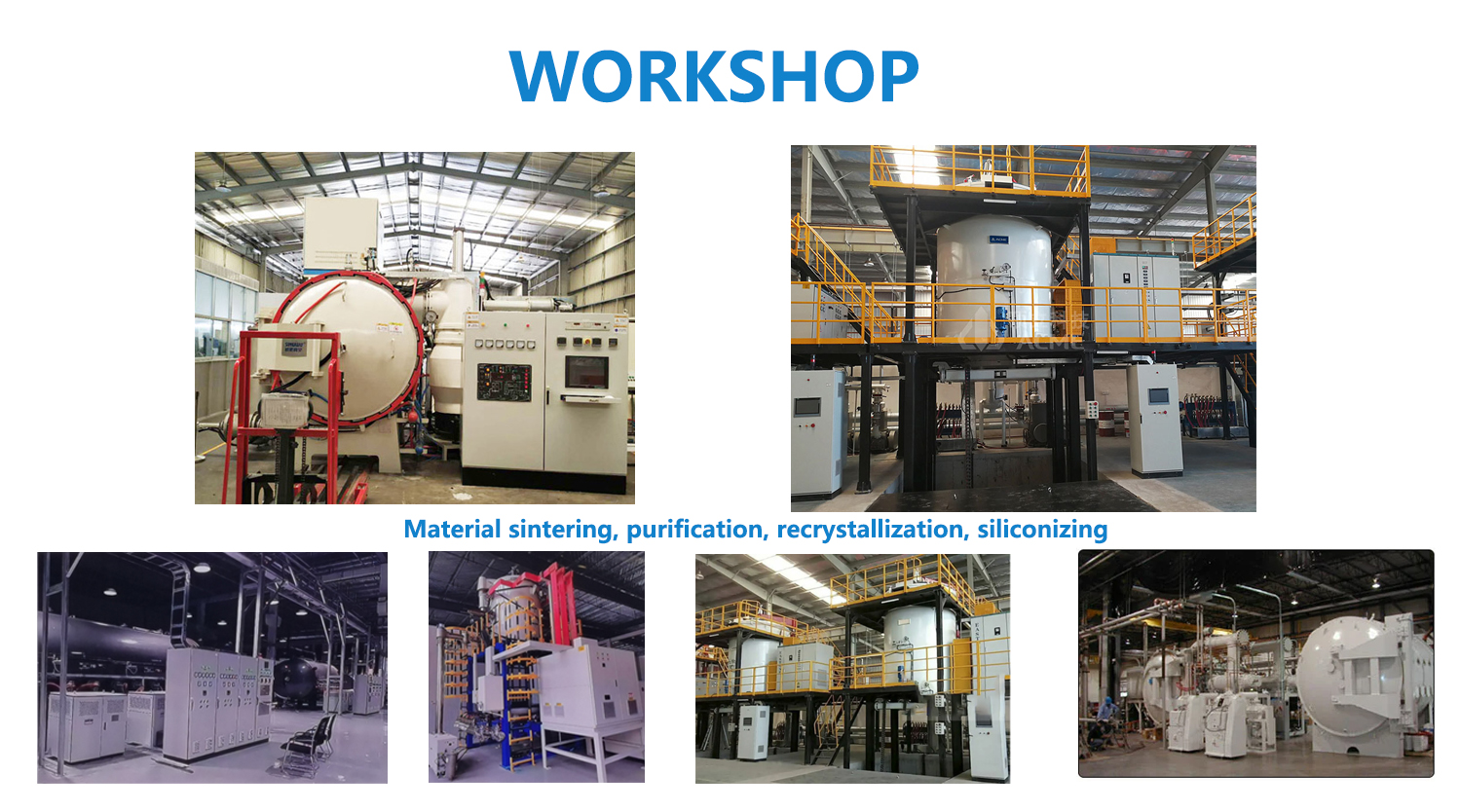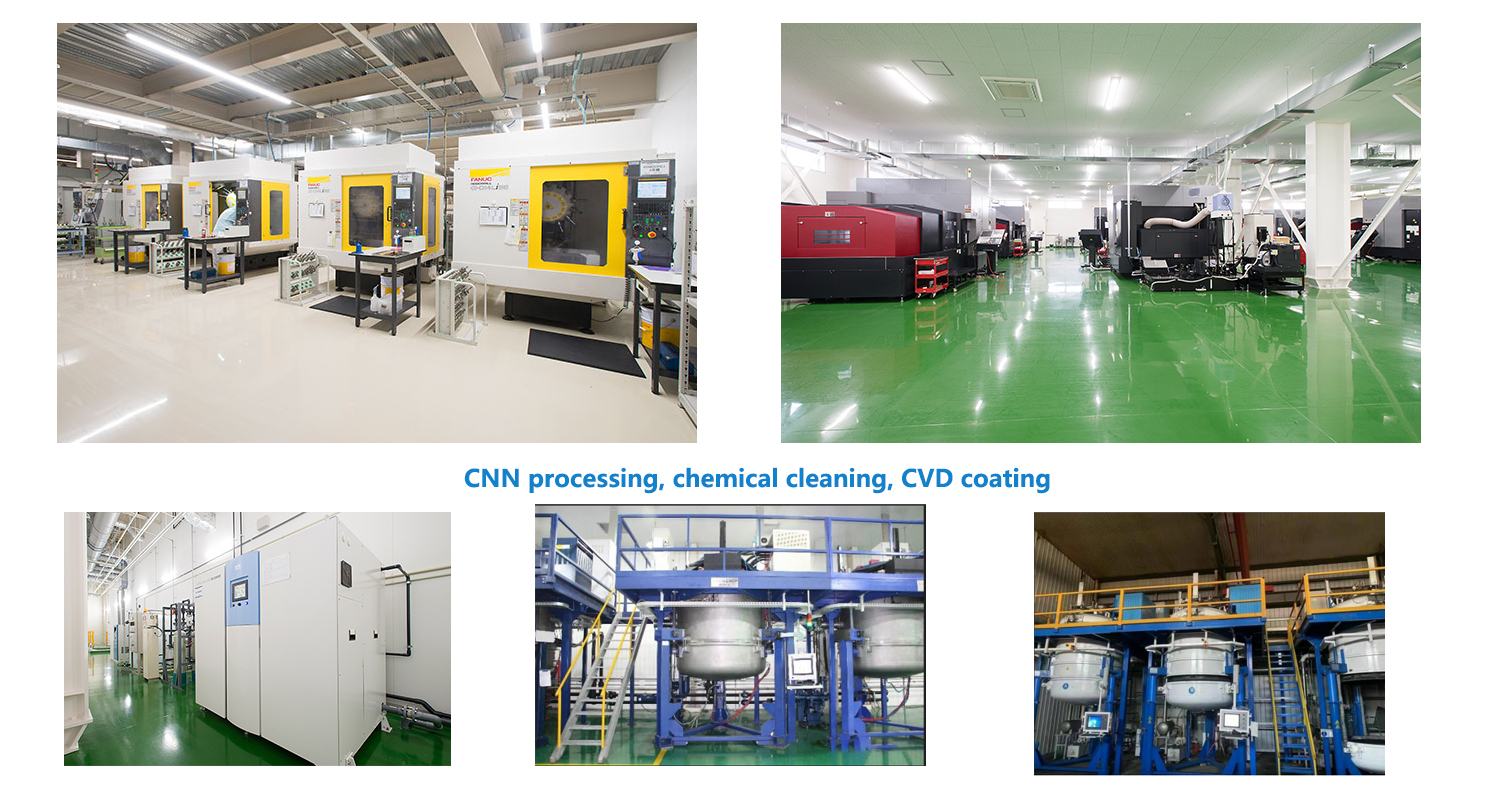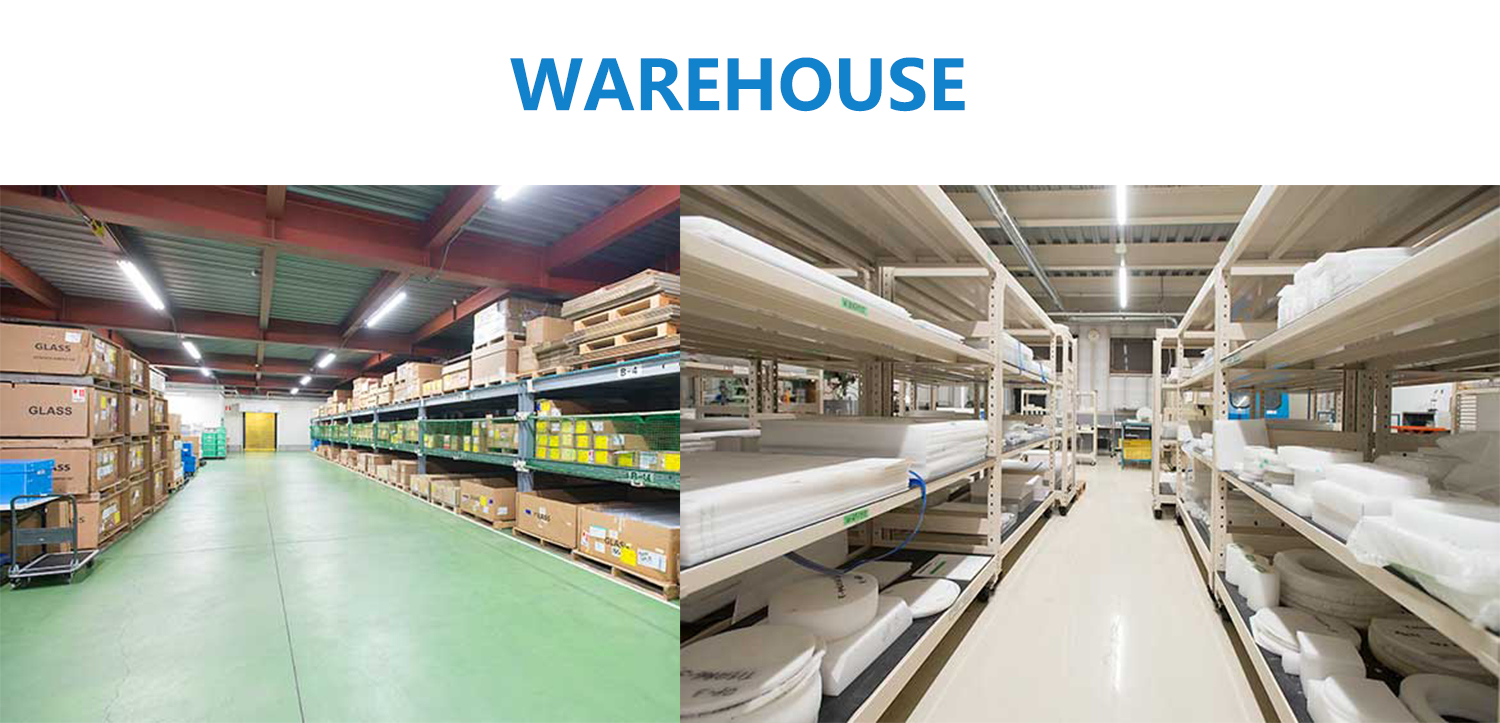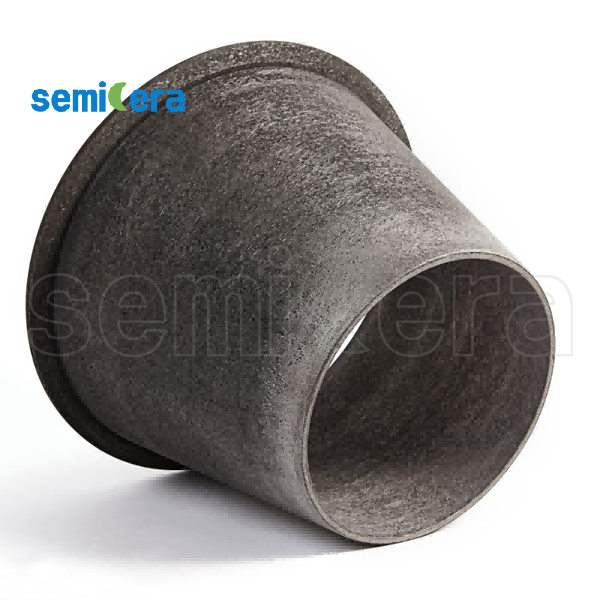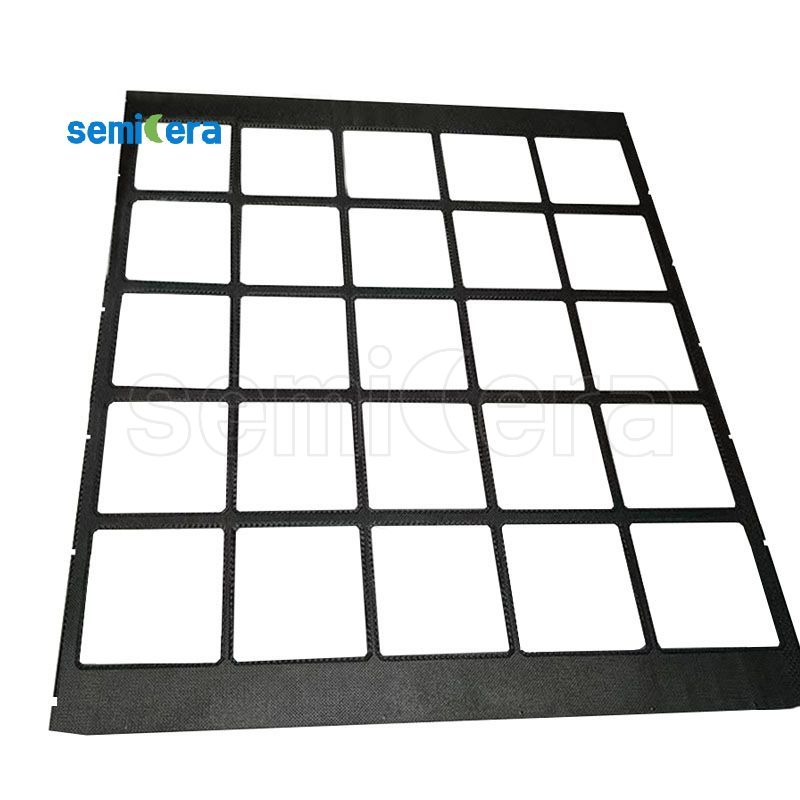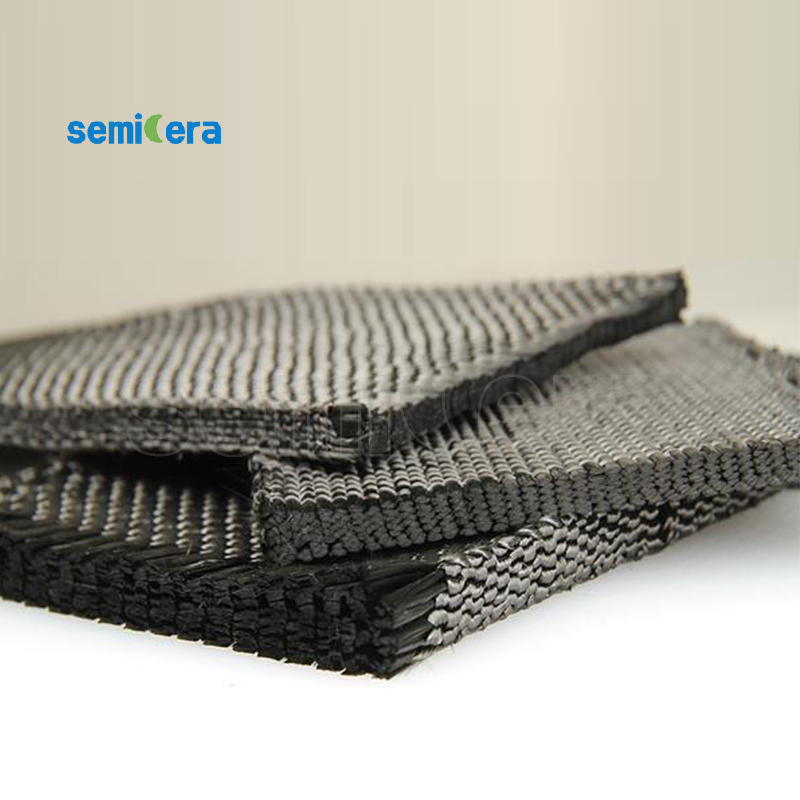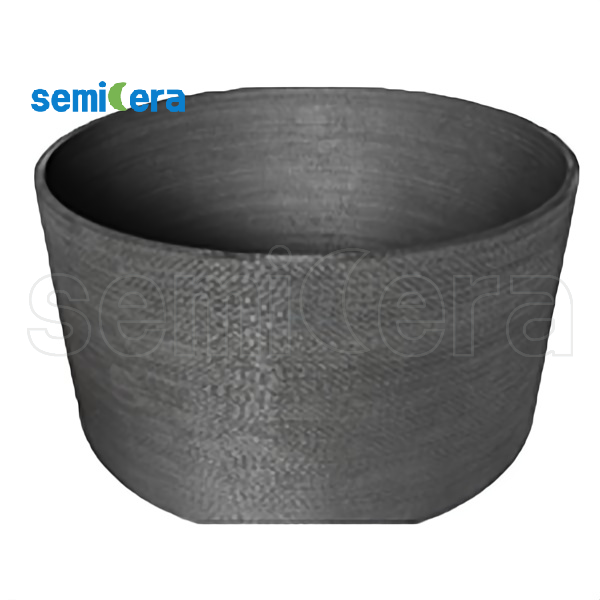The Reinforced Carbon-Carbon Composite by Semicera is engineered to withstand extreme conditions, providing unmatched strength and stability. This high-performance material is ideal for industries such as aerospace, defense, and automotive, where resistance to high temperatures and mechanical stress is crucial. With a superior balance of weight and durability, Semicera's composites are designed for maximum efficiency and longevity.
Made from advanced carbon carbon fiber and processed to enhance durability, the Reinforced Carbon-Carbon Composite delivers exceptional performance in high-stress environments. Whether it's for thermal shielding, structural applications, or high-performance braking systems, Semicera's composite materials offer robust solutions.
Key to this material's success is its superior reinforcement process, creating a highly resilient carbon fiber-reinforced carbon structure. This ensures the c/c composite maintains its integrity under extreme thermal loads and pressure. The integration of carbon carbon materials and composites results in exceptional resistance to oxidation and thermal expansion, making it a preferred choice for high-temperature applications.
In addition to its thermal properties, the Carbon Carbon Composite is designed for ease of fabrication, allowing for versatile applications across a variety of industries. Semicera continues to push the boundaries of innovation, providing reliable, cutting-edge solutions for demanding environments.
Carbon Carbon Composites:
Carbon/carbon composites are carbon matrix composites reinforced by carbon fibers and their fabrics. With low density (< 2.0g/cm3), high strength, high specific modulus, high thermal conductivity, low coefficient of expansion, good friction performance, good thermal shock resistance, high dimensional stability, is now in the application of more than 1650℃, the highest theoretical temperature up to 2600℃, so it is considered to be one of the most promising high temperature materials.
|
Technical Data of Carbon/Carbon Composite |
|
||
|
Index |
Unit |
Value |
|
|
Bulk density |
g/cm3 |
1.40~1.50 |
|
|
Carbon content |
% |
≥98.5~99.9 |
|
|
Ash |
PPM |
≤65 |
|
|
Thermal conductivity (1150℃) |
W/m.k |
10~30 |
|
|
Tensile strength |
Mpa |
90~130 |
|
|
Flexural Strength |
Mpa |
100~150 |
|
|
Compressive strength |
Mpa |
130~170 |
|
|
Shear strength |
Mpa |
50~60 |
|
|
Interlaminar Shear strength |
Mpa |
≥13 |
|
|
Electric resistivity |
Ω.mm2/m |
30~43 |
|
|
Coefficient of Thermal Expansion |
106/K |
0.3~1.2 |
|
|
Processing Temperature |
℃ |
≥2400℃ |
|
|
Military quality, full chemical vapor deposition furnace deposition, imported Toray carbon fiber T700 pre-woven 3D needle knitting |
|
||
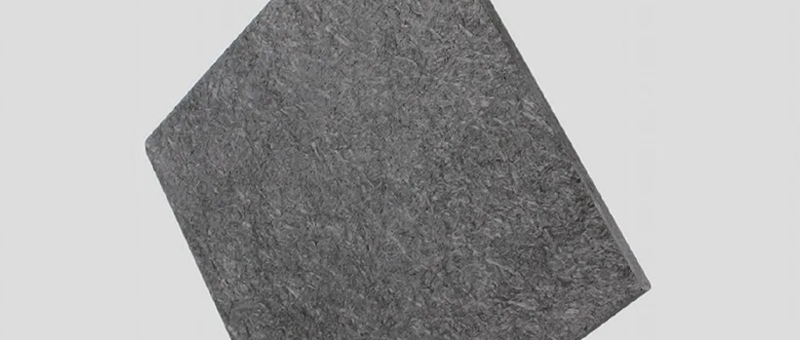
It can be widely used in the high temperature environment of various structure, heater and vessel. Compared with the traditional engineering materials, carbon carbon composite has the following advantages:
1) High strength
2) High temperature up to 2000℃
3)Thermal shock resistance
4) Low coefficient of thermal expansion
5) Small thermal capacity
6) Excellent corrosion resistance and radiation resistance
Application:
1. Aerospace. Because of the composite material has good thermal stability, high specific strength and stiffness. It can be used for manufacturing of aircraft brakes, wing and fuselage, satellite antenna and a support structure, solar wing and shell, large carrier rocket shell, engine shell, etc..
2. The automobile industry.
3. The medical field.
4. Heat-insulation
5. Heating Unit
6. Ray-insulation

